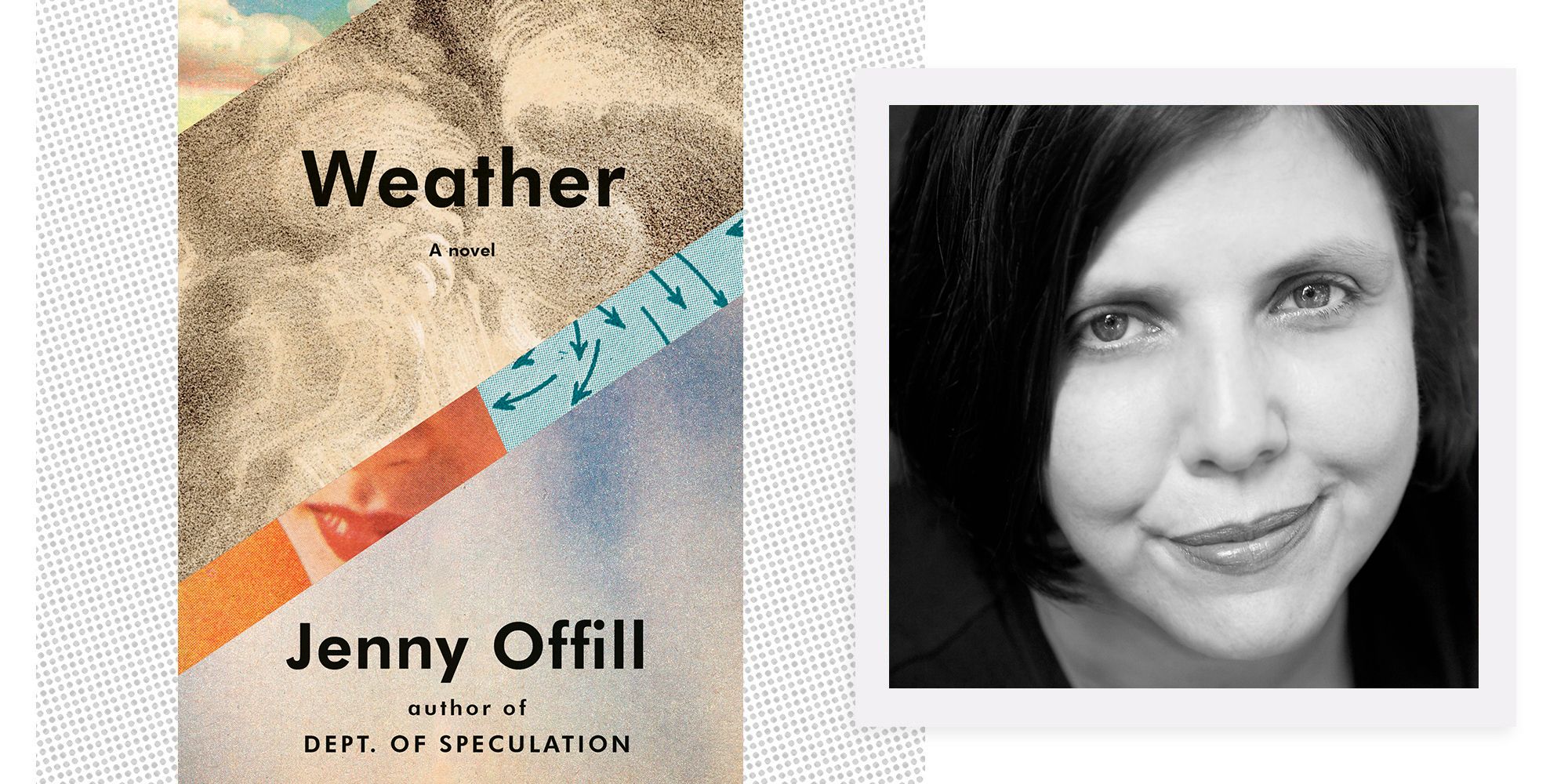


“I keep wondering how we might channel all of this dread into action,” Lizzie muses. The book is most powerful in its articulation of ordinary anxieties. Read more: What would our lives be like if Amazon or Tinder ran an entire city? She and her husband run through what they would need for building a “doomstead” property. Lizzie becomes obsessed with doomsday prepping and survival skills, learning how to how to make toothpaste and catch fish with a shirt. “There’s no hope anymore, only witness,” believes Sylvia. There are several mentions of the end of the world. Lizzie and Sylvia both tilt gradually towards the latter, developing a sense of helplessness about impending climate collapse. Here Offill hits on a perennial challenge for environmentalists and journalists: how does one adequately convey the gravity of the climate crisis without desensitising people on the one hand, and overwhelming them with despair on the other? “They are all about composting toilets and water conservation and electric cars and how to live lightly on the earth while thinking ahead for seven generations.” Later, when Lizzie joins Sylvia on travels, she notes that “people are really sick of being lectured to about the glaciers”. “I swear the hippie letters are a hundred times more boring than the end-timer ones,” Lizzie notes. The podcast listeners are intrigued by the usual environmental and technological catchphrases: the Anthropocene, how to save the bees, surveillance capitalism, the internet of things. Lizzie begins supplementing her income by answering emails for Sylvia, a former academic turned environmental futurist, whose popular podcast, Hell and High Water, has turned her into a regular on the speaking circuit. Read more: How a flawed mentality led to Silicon Valley’s meteoric rise


 0 kommentar(er)
0 kommentar(er)
